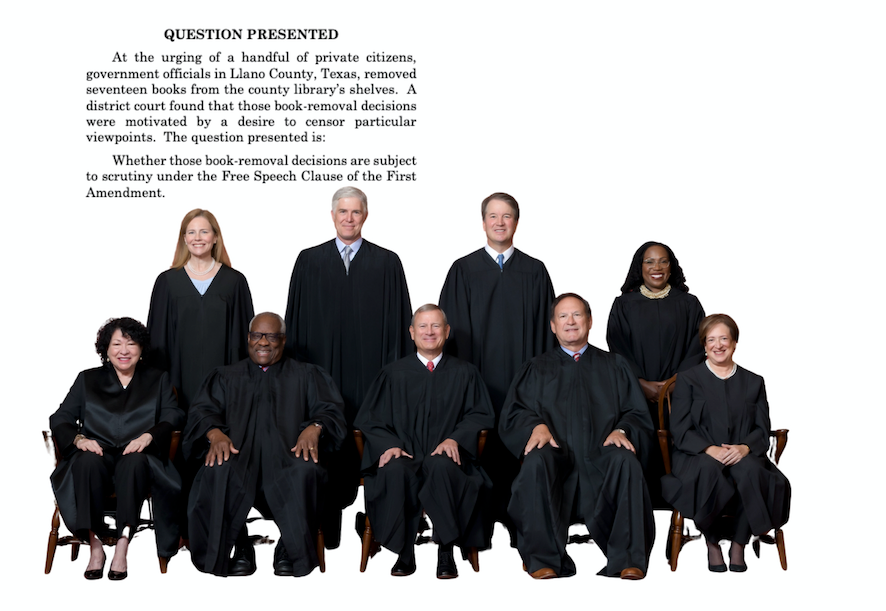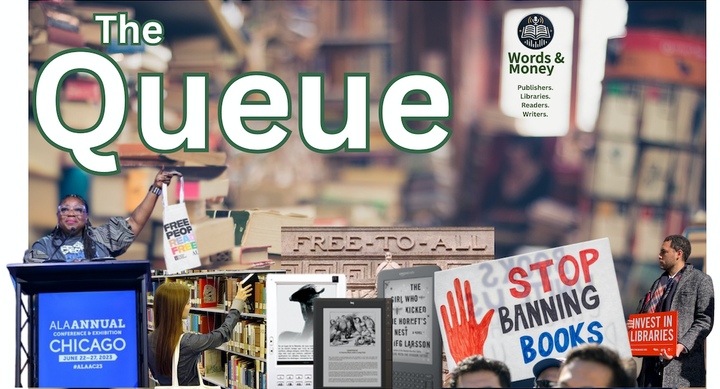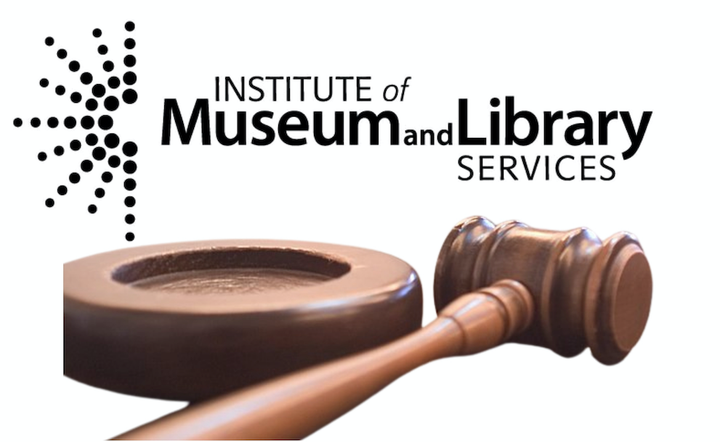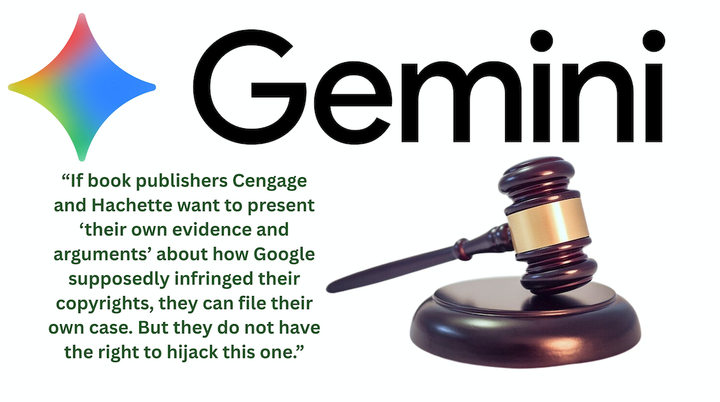Supreme Court Set to Decide Whether to Hear Key Texas Book Banning Case
The petition to the high court comes after the Fifth Circuit, in a shocking decision delivered in May, held there was no First Amendment right to receive information in libraries.

After a final plaintiff reply brief was filed this week, the Supreme Court is now set to decide whether or not to review a closely watched Texas book banning case, Little v. Llano County, the outcome of which, freedom to read advocates say, could fundamentally change public libraries in America.
The petition before the high court comes after the the U.S. Court of Appeals for the Fifth Circuit in May, in a stunning decision, overruled its own 30-year old, unanimous precedent in Campbell v. St. Tammany Parish School Board, a 1995 First Amendment decision that has long served as an anti-censorship bulwark for librarians, and held that there is no First Amendment right to receive information in libraries. If allowed to stand, that decision could effectively give local leaders virtually unbounded power to remove books from public libraries at will, even for unconstitutional viewpoint discretion.
In September, the plaintiffs filed a petition asking the court to review the Fifth Circuit's decision. And in an October 24 opposition brief, the Llano County defendants filed its response, urging the high court not to take the case, despite recognizing the importance of the question before the court.
"The Court will eventually have to resolve whether (and to what extent) the Speech Clause prevents government-owned libraries from removing materials in their collections—especially in light of the confusion and uncertainty produced by the splintered decision in Board of Education v. Pico," lawyers for the Llano defendants conceded. "But this is not the case in which to do it."
Specifically, lawyers for Llano County argued that the Supreme Court should wait for three additional book banning cases to be decided: in the Eighth Circuit, Penguin Random House v. Robbins (in which a district court found Iowa's sweeping book ban provision in SF 496 unconstitutional); in the 10th Circuit, Crookshanks v. Elizabeth School District (in which a lower court found that 19 book removals in a high school were unconstitutional); and in the Eleventh Circuit, Parnell v. School Board of Escambia County (in which a district court, leaning heavily on the Fifth Circuit's Llano decision, agreed there is no First Amendment right to receive information in a school library).
But in their final reply brief this week, the plaintiffs said there was clearly a circuit split, and said the cases in process as well as the ongoing surge in policies and laws infringing on the freedom to read was proof that the high court needed to step in now.
"The gravity of the constitutional issue here counsels strongly in favor of immediate review," the plaintiffs' November 10 reply brief states. "This case turns on the 'bedrock principle underlying the First Amendment': 'the government may not prohibit the expression of an idea simply because society finds the idea itself offensive or disagreeable.' If this Court were to postpone review, state and local governments in the Fifth Circuit could freely deploy public libraries as instruments of 'naked censorship' during that period of delay. Leaving such a system in place—even for 'another year or two,' is antithetical to our Nation’s most cherished constitutional values."
The case, first filed in April 2022 by seven Llano County, Texas residents, accused Llano County officials of improperly removing some 17 books from library shelves because they disapproved of the content.
In March 2023, Judge Robert Pitman found for the plaintiffs, and issued a preliminary injunction barring the county from removing any more books while the case proceeds and ordering several books returned to library shelves.
In June 2024, Pitman’s decision was affirmed by a split three-judge panel of the Fifth Circuit, that included a fiery dissent by conservative justice Stuart Kyle Duncan.
But just a month later, on July 3, 2024, the Fifth Circuit abruptly vacated the panel’s decision, and ordered the appeal to be reheard en banc by the full Fifth Circuit. And by a 10-7 margin, the court voted to overrule Campbell and reverse Pitman—with Duncan this time writing the majority opinion.
“Yes, Supreme Court precedent sometimes protects one’s right to receive someone else’s speech. But plaintiffs would transform that precedent into a brave new right to receive information from the government in the form of taxpayer-funded library books. The First Amendment acknowledges no such right,” Duncan wrote for the majority. “The only sensible course—and, happily, the one supported by reams of precedent—is to hold that the right to receive information does not apply here. A plaintiff may not invoke that right to challenge a library’s decisions about which books to buy, which books to keep, or which books to remove.”
In a stinging dissent, Fifth Circuit judge Stephen Higginson blasted Duncan's majority opinion.
"This construction grossly misapprehends the right identified in Pico and Campbell and the right asserted by Plaintiffs here," Higginson wrote. "It is not an affirmative right to demand access to particular materials. Rather, consistent with the First Amendment’s text and longstanding Supreme Court doctrine, Plaintiffs assert a negative right against government censorship that is targeted at denying them access to disfavored, even outcast, information and ideas."
Higginson went on to criticize what he characterized as the majority's dramatic expansion of the government's ability to censor. "Hereafter across Texas, Louisiana, and Mississippi, it simply does not matter legally if public officials, motivated by political hostility, target and remove books they deem inappropriate or offensive, in order to deny the public access to the information and ideas therein,” Higginson observed.
There is no time frame on when the Supreme Court will decide whether to hear the case, but lawyers told Words & Money they expect a decision to come quickly.


